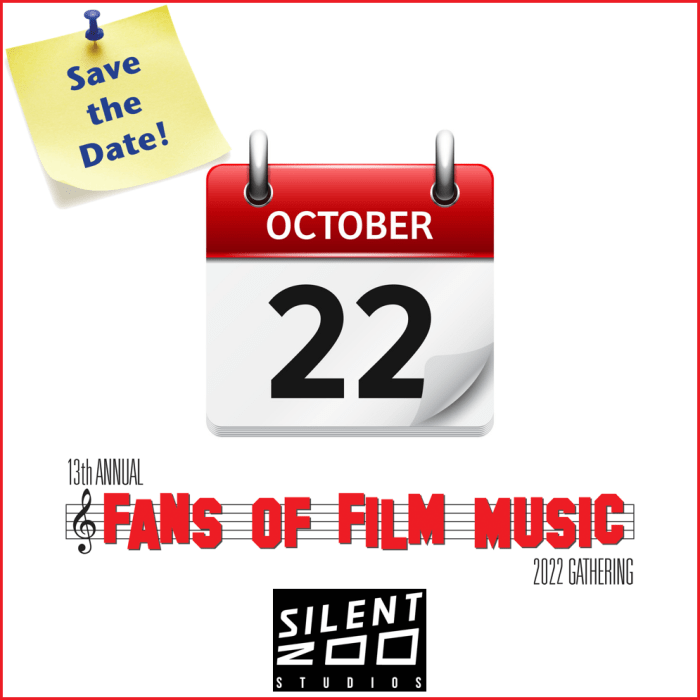The enjoyment of music 13th edition – The Enjoyment of Music, 13th Edition embarks on an enthralling journey into the multifaceted world of musical appreciation. This comprehensive text unveils the captivating evolution of musical preferences, the intricate interplay between music and our physiology, and the profound psychological and cultural significance of music in shaping human experience.
Delving into the neurological and physiological responses to music, the book illuminates how musical stimuli evoke emotions, influence mood, and promote well-being. It further explores the therapeutic potential of music, highlighting its role in alleviating stress, improving cognitive function, and facilitating healing.
The Evolution of Musical Enjoyment

The enjoyment of music is a universal human experience that has evolved over time. Different cultures and historical periods have shaped musical preferences, and technology has played a significant role in the way we experience music.
Cross-Cultural Influences
Music has been a fundamental part of human culture for thousands of years. Different cultures have developed unique musical styles that reflect their values, beliefs, and traditions. For example, the intricate melodies and rhythms of Indian classical music reflect the country’s spiritual and philosophical heritage, while the lively rhythms and harmonies of Latin American music embody the region’s vibrant and expressive culture.
Historical Influences
Musical preferences have also changed over time. In the Middle Ages, sacred music dominated the musical landscape, while the Renaissance saw the rise of secular music and the development of polyphony. The Baroque period brought forth elaborate and ornate music, while the Classical period emphasized balance and form.
The Romantic period saw a surge in emotional expression, and the 20th century witnessed the emergence of modernism and popular music.
Technological Influences
Technology has revolutionized the way we experience music. The invention of the phonograph in the late 19th century allowed people to listen to music at home. The development of radio and television in the 20th century made music accessible to a wider audience.
And in recent years, the advent of digital music and streaming services has given us unprecedented access to a vast and diverse range of music.
The Physiology of Musical Enjoyment

Music has a profound impact on our physiology. When we listen to music, our brains release neurochemicals such as dopamine and serotonin, which produce feelings of pleasure and well-being. Music can also affect our heart rate, blood pressure, and breathing patterns.
Neurological Responses
Music activates multiple areas of the brain, including the auditory cortex, which processes sound, and the limbic system, which is involved in emotion and memory. Music can stimulate the release of dopamine, a neurotransmitter associated with reward and pleasure. It can also activate the release of serotonin, a neurotransmitter that promotes feelings of relaxation and well-being.
Physiological Responses
Music can have a significant impact on our physical health. It can lower blood pressure, reduce stress hormones, and improve sleep quality. Music can also be used to alleviate pain and promote relaxation. Studies have shown that music therapy can be beneficial for people with conditions such as Alzheimer’s disease, Parkinson’s disease, and chronic pain.
The Psychology of Musical Enjoyment
The enjoyment of music is influenced by a variety of psychological factors, including personality, memory, and social context.
Personality Factors, The enjoyment of music 13th edition
Research has shown that people with certain personality traits tend to prefer certain types of music. For example, people who are extroverted tend to prefer upbeat and energetic music, while people who are introverted tend to prefer more mellow and reflective music.
Memory Factors
Music is closely linked to memory. When we listen to a song, it can trigger memories of past experiences and emotions. This is because music is processed in the same part of the brain as memory.
Social Context
The enjoyment of music is also influenced by the social context in which it is experienced. Music can be a powerful force for social bonding and cohesion. People often use music to connect with others who share their interests and values.
The Cultural Impact of Musical Enjoyment
Music has a profound impact on culture and society. It can be used to express cultural values, promote social change, and connect people across different backgrounds.
Cultural Expression
Music is a powerful medium for expressing cultural values and beliefs. Different cultures have developed unique musical styles that reflect their traditions and heritage. For example, the blues music of the American South expresses the struggles and triumphs of the African American experience.
Social Change
Music has been used throughout history to promote social change. Protest songs have been used to raise awareness of social injustices and to mobilize people for action. Music can also be used to promote peace and understanding between different cultures.
Social Cohesion
Music can be a powerful force for social cohesion. It can bring people together from different backgrounds and create a sense of community. Music can be used to celebrate cultural diversity and to promote understanding and tolerance.
The Future of Musical Enjoyment
The future of musical enjoyment is uncertain, but it is likely to be shaped by emerging technologies and social trends.
Technological Advancements
Technological advancements are likely to continue to play a major role in the way we experience music. Virtual reality and augmented reality could create immersive musical experiences that transport listeners to different worlds. Artificial intelligence could be used to personalize music recommendations and create new musical genres.
Social Trends
Social trends are also likely to influence the future of musical enjoyment. The growing popularity of social media is creating new opportunities for musicians to connect with their fans and share their music. The rise of streaming services is making it easier for people to discover new music and share their listening habits with others.
Commonly Asked Questions: The Enjoyment Of Music 13th Edition
What are the key factors that contribute to the enjoyment of music?
The enjoyment of music is influenced by a complex interplay of factors, including personality traits, musical preferences shaped by cultural and social context, memory associations, and emotional responses.
How has technology impacted the way we experience music?
Technological advancements have revolutionized the way we access, consume, and share music. Streaming services, digital music platforms, and virtual reality technologies have expanded our musical horizons and transformed the live music experience.
What are the potential therapeutic benefits of music?
Music therapy has been shown to have a wide range of therapeutic applications, including reducing stress and anxiety, improving mood, enhancing cognitive function, and facilitating healing in various medical conditions.
